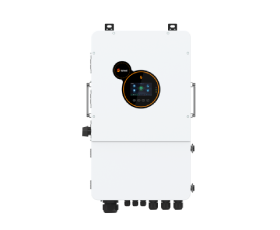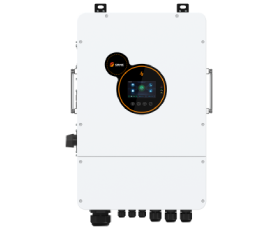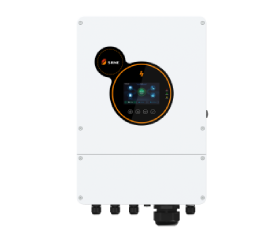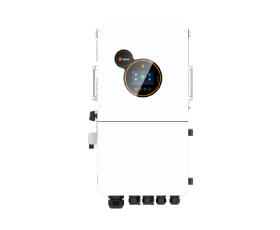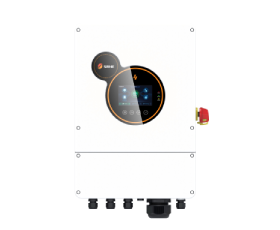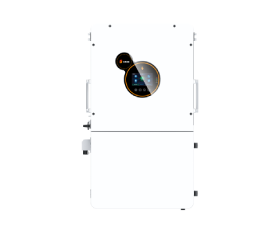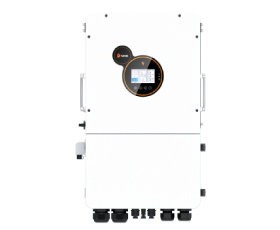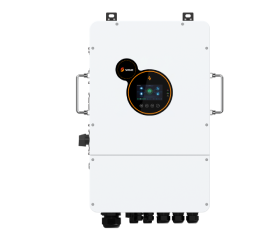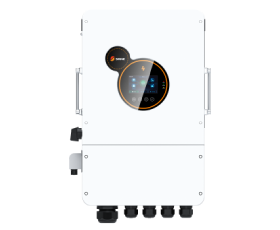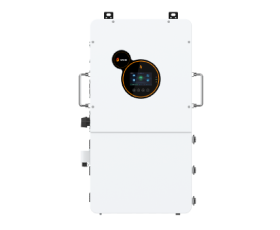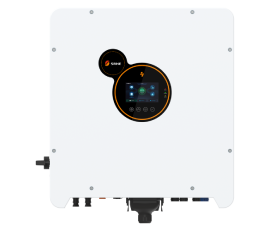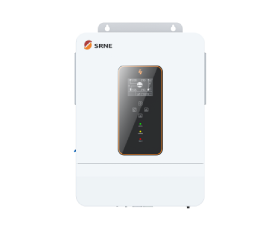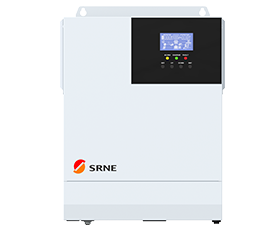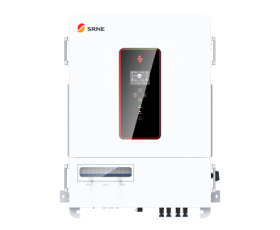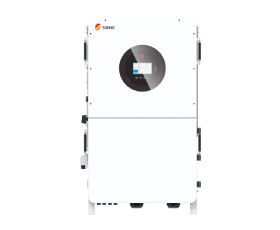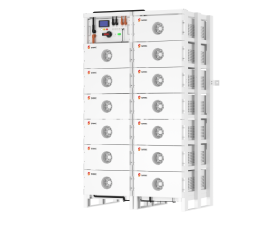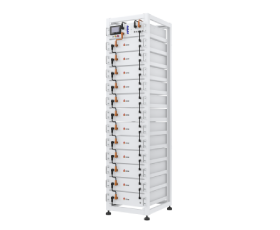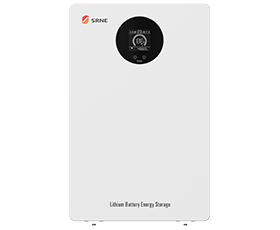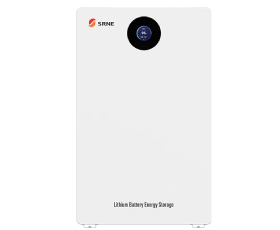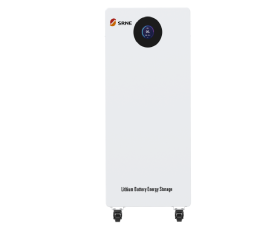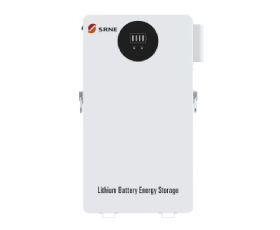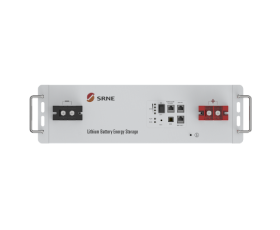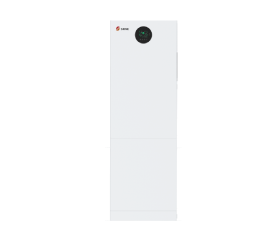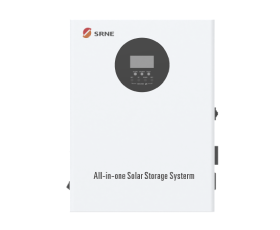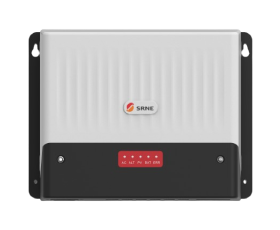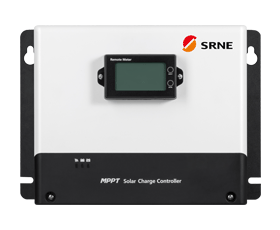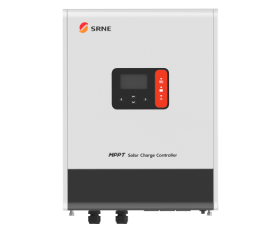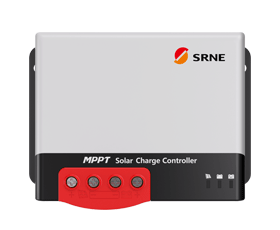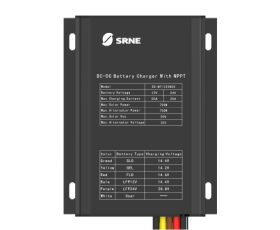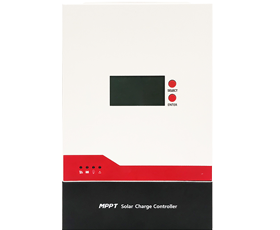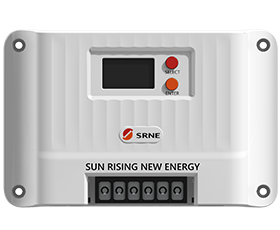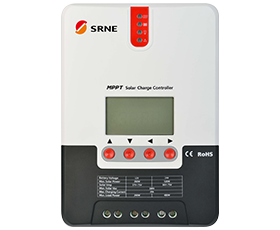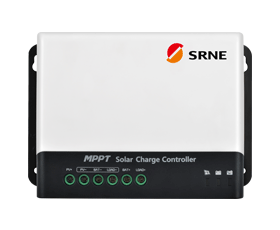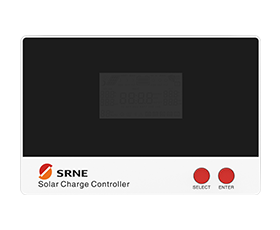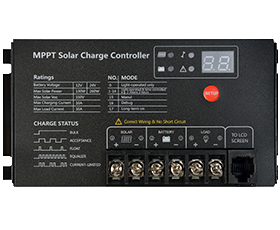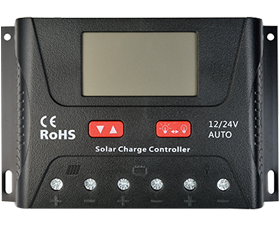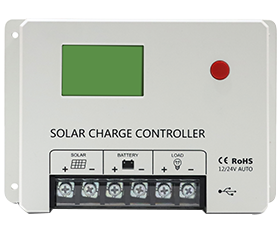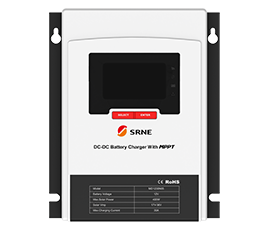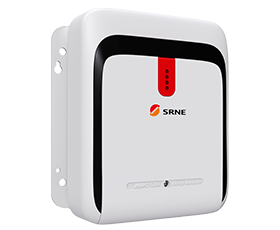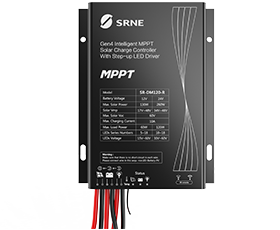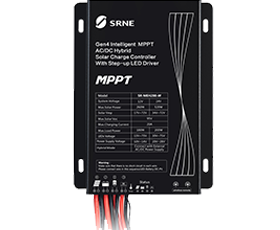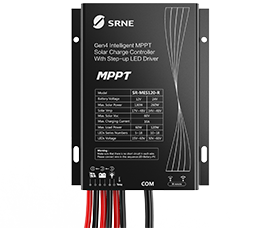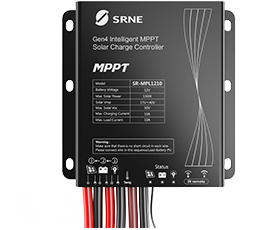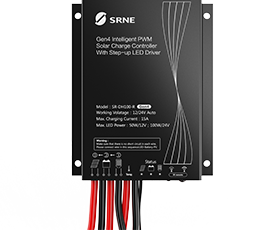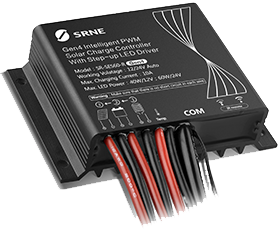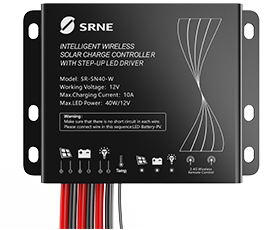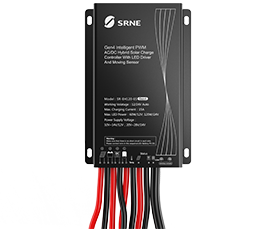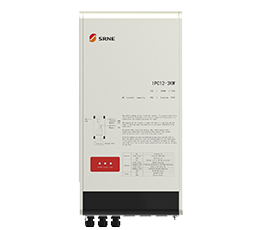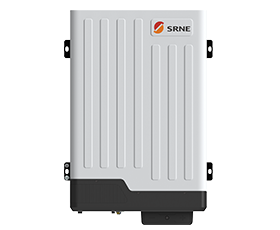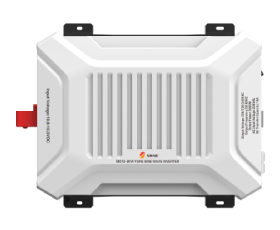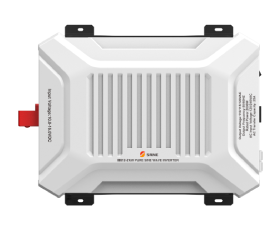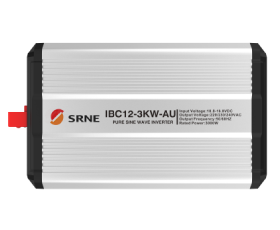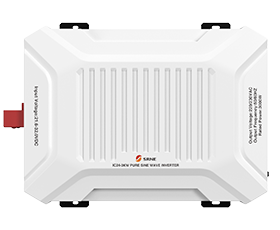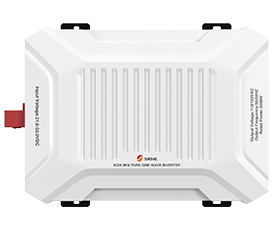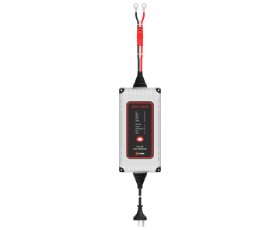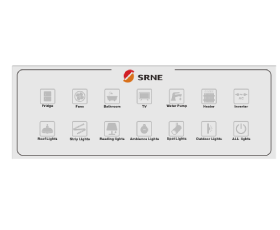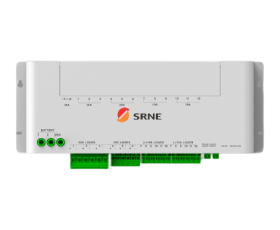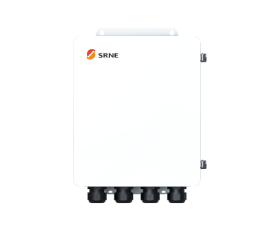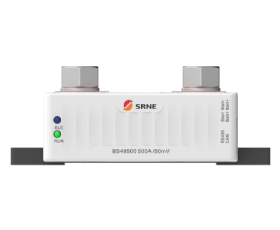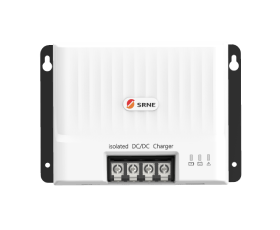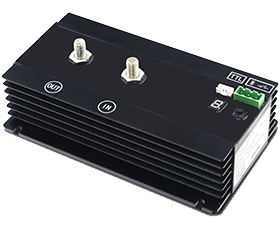What should you know about flow battery
Nowadays, energy storage is becoming increasingly important to the power industry. Lithium-ion battery technology has been implemented in many locations, but flow batteries offer many significant benefits in long-duration usage applications and situations that require regular cycling throughout the day.
In the solar power applications, the solar energy would recharge energy stored in the electrolytes in each tank as it is pumped through past the electrodes. One advantage of flow batteries is that they can also be immediately “recharged” by replacing the spent liquids in the tank with energized liquid.
Flow battery is a fully rechargeable electrical energy storage device where fluids containing the active materials are pumped through a cell, promoting reduction/oxidation on both sides of an ion-exchange membrane, resulting in an electrical potential.
Energy storage is the main differing aspect separating flow batteries and conventional batteries. Flow batteries store energy in a liquid form (electrolyte) compared to being stored in an electrode in conventional batteries. Therefore, it is easy to increase capacity through adding more fluid to the tank.
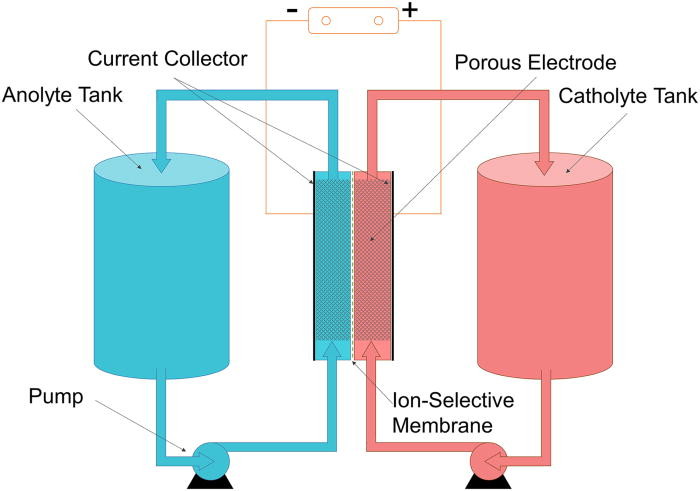
Advantages of flow battery
1、Long service life
This is one of the most significant advantages of flow battery. Flow battery allow for a large number of complete cycles of both charging and discharging. Besides, electrons do not undergo any physical changes to be freely upgraded for catalytic and electrical properties. Moreover, convective cooling of the electrodes supported by the pumped electrolyte helps in managing and distributing heat.
2、Low cost
The flow battery can be constructed of low-cost and readily available materials, such as thermoplastics and carbon-based materials. Many parts of the battery can be recycled. Electrolytes can be recovered and reused, leading to low cost of ownership.
3、Environmentally-friendly
Flow battery waste can be reused. Additionally, electrolytes are not very toxic. The battery materials have low flammability and low environmental impact.
4、No standby losses
Flow batteries are the ideal solution for devices with long periods of disuse. The flow-through battery will not discharge because the charge-carrying electrolyte is stored in separate reservoirs.
5、Charging method
Fluctuating power demand, charging, and discharging rates do not affect the operation of flow batteries. Therefore, flow battery systems are the right solution for complex energy management systems.
Applications
The main application of flow batteries that is being looked at is for energy storage. This ranges from small-scale uses for homes that use renewable energy, to large-scale grid power system.
Some are also looking into flow batteries for electric vehicles. The technology is still immature, but the concept would borrow from traditional fuel powered cars where the fluid inside the battery would be replenished with a fresh electrolyte solution. This arrangement would remove the long time it takes to recharge an EV battery, potentially becoming a much more convenient solution.
In conclusion, flow batteries are the promise to play a key role in the future as they are a more environmentally sustainable alternative to the current lead acid and lithium ion technologies. The flow battery still has a long way to go.



















